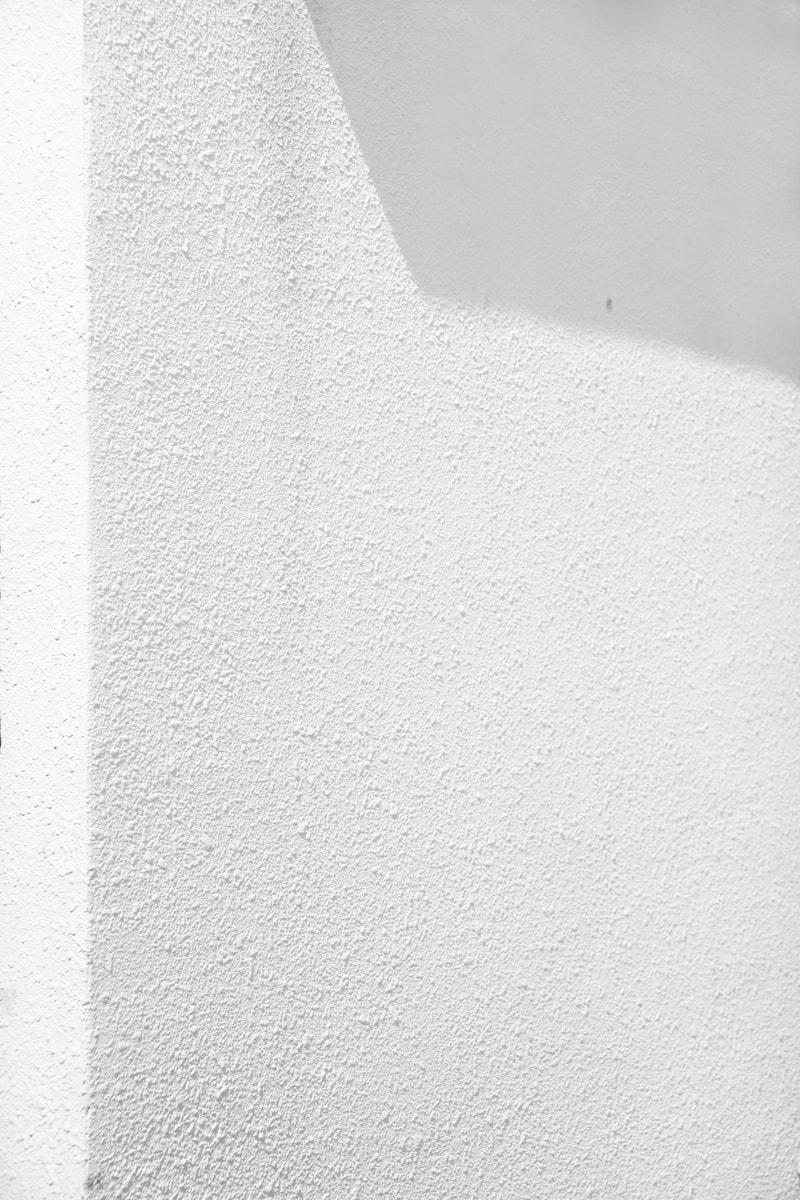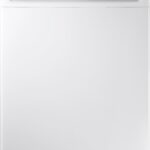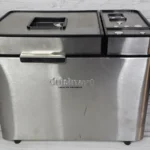Drywall is a material many people use to build their homes. It’s like the skin on the walls and ceilings inside a house. Sheetrock is a known brand that makes drywall. So when someone talks about Sheetrock, they mean a certain kind of drywall.
The two words, drywall and Sheetrock, are often used for the same thing. This might seem confusing but it’s pretty simple. All Sheetrock is drywall, but not all drywall is Sheetrock. Think of it like this. If you have a dog, you can also call it a pet. Sheetrock is just one name for the pet, which is drywall.
Drywall itself is a clever invention. It is made of a special stone called gypsum. Workers crush the stone into a powder. Then they put it between two big sheets of paper. This makes a flat board. The board can then be cut and put onto walls. It makes building faster and easier.
Sheetrock: A Popular Brand of Drywall
Drywall is a common building material used to create walls and ceilings in homes and businesses. It is made of gypsum plaster pressed between two thick sheets of paper. This makes it easy to cut and install. The gypsum plaster gives it fire-resistant properties.
The Rise of Sheetrock
In the early 1900s, the U.S. Gypsum Company (USG) made a type of drywall called Sheetrock®. It quickly became a popular choice for builders because of its quality and ease of use. As a result, the terms “drywall” and “Sheetrock” are often used interchangeably, even though they are not exactly the same thing.
Drywall vs. Sheetrock: What’s the Difference?
All Sheetrock is drywall, but not all drywall is Sheetrock. This is because Sheetrock is a brand name, like Kleenex is a brand name for tissues. While there are many brands of drywall on the market, Sheetrock remains one of the most well-known and trusted.
Types of Drywall and Their Uses
There are different types of drywall, each designed for a specific purpose:
| Drywall Type | Purpose |
|---|---|
| Regular Drywall | General purpose use for walls and ceilings |
| Moisture-Resistant Drywall | For areas with high humidity, like bathrooms and basements |
| Fire-Resistant Drywall | For areas requiring higher fire resistance, like garages and kitchens |
| Soundproof Drywall | For reducing noise transmission between rooms |
Choosing the Right Drywall
When choosing drywall for your project, consider the specific needs of the space. For example, if you are finishing a basement, you may want to use moisture-resistant drywall. If you are building a home theater, soundproof drywall might be a better choice.
Why Sheetrock is a Top Choice
Sheetrock has built a reputation for quality and innovation over the years. They offer a wide range of drywall products to meet the needs of any project. Their products are known for their durability, performance, and ease of installation. Whether you are a professional builder or a DIY enthusiast, Sheetrock provides a reliable solution for your drywall needs.
In Summary
Drywall and Sheetrock are terms often used interchangeably, but it’s important to remember that Sheetrock is a specific brand of drywall. With its long history and wide range of products, Sheetrock has become synonymous with quality and reliability in the construction industry.
Composition and Characteristics
Drywall and Sheetrock have similar makeup but differ in brand specifics. They are key to home construction and repair.
Material Overview
Drywall is made of a mineral called gypsum, or calcium sulfate dihydrate. Gypsum gets ground into a powder, mixes with water, and turns into a paste. This paste goes between two sheets of heavy paper to form panels. These panels are then dried in a kiln.
Varieties and Thicknesses
Different types of drywall serve various purposes. Some are fire-resistant while others resist mold. Additives can make drywall tough or help prevent sagging. Standard thicknesses of drywall include:
- 1/4 inch: Flexible, for curved surfaces
- 3/8 inch: Used for repair or for double-layer wall construction
- 1/2 inch: Common in most residential construction
- 5/8 inch: Fire-resistant, often used in garages and ceilings
Brand Specifics
USG is a brand that makes Sheetrock, a type of drywall. Sheetrock and generic drywall share a gypsum core. Yet Sheetrock is a brand name people often use to mean any drywall. The brand may have slightly different features and often costs a bit more. It’s like how some people say “Kleenex” for any tissue.
Installation and Use
When you put up drywall or Sheetrock, think about how you’ll use the panels. The right materials and tools can make the job smoother.
Assembling the Drywall
You attach drywall panels to wall studs or ceiling joists. You often use screws. Then you cover seams with tape and joint compound. This keeps walls smooth and hides the cracks.
Residential Vs. Commercial
For homes, drywall thickness is usually half an inch. In offices and stores, it might be thicker for more soundproofing. Contractors handle commercial jobs. Homeowners can do small projects at home.
Drywall in Construction and Renovation
In both new building and fixing up places, drywall works for walls and ceilings. It can bend for curved walls and won’t sag if put up right. Lots of companies make drywall, so you have many choices.
Frequently Asked Questions
This section covers common questions about the differences and specifics of sheetrock and drywall.
What determines the pricing difference between sheetrock and drywall?
The cost of sheetrock and drywall can vary. Brand names like Sheetrock often cost more than other drywall because of the name. Size, thickness, and types of drywall also affect the price.
How do drywall and sheetrock differ in material composition?
They don’t differ in material. Sheetrock is a brand name for drywall. Both are made of gypsum plaster pressed between two thick sheets of paper.
Are there specific types of drywall that are best suited for ceiling application?
Yes, there are. Drywall for ceilings is usually thicker to prevent sagging. A common thickness for this purpose is 5/8 inch.
In what ways does plaster differ from sheetrock?
Plaster is different. It’s made of lime or gypsum, sand, and water and is spread over lath. Drywall is ready-made panels. Plaster takes longer to install but can create a more refined look.
What common aliases are used to refer to sheetrock?
Drywall is often called sheetrock, wallboard, or plasterboard. But remember, Sheetrock is a brand!
Does the drywall thickness affect its usage in construction?
Thickness matters. Thinner drywall is used for walls and repairs. Thicker drywall is used for ceilings and fire-resistant walls.







